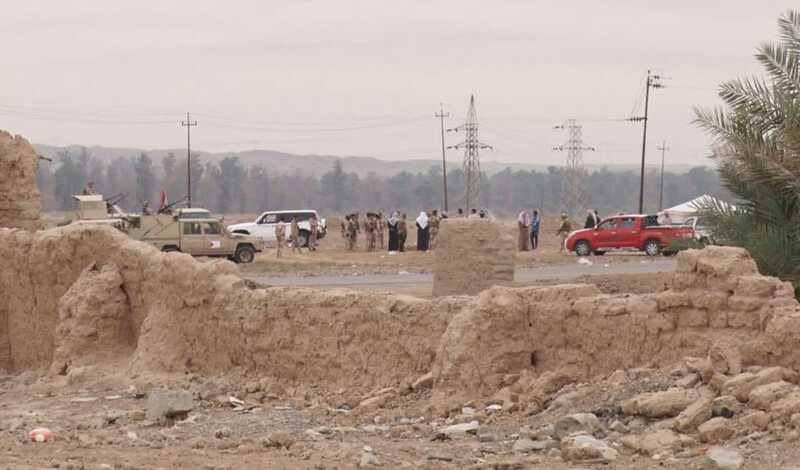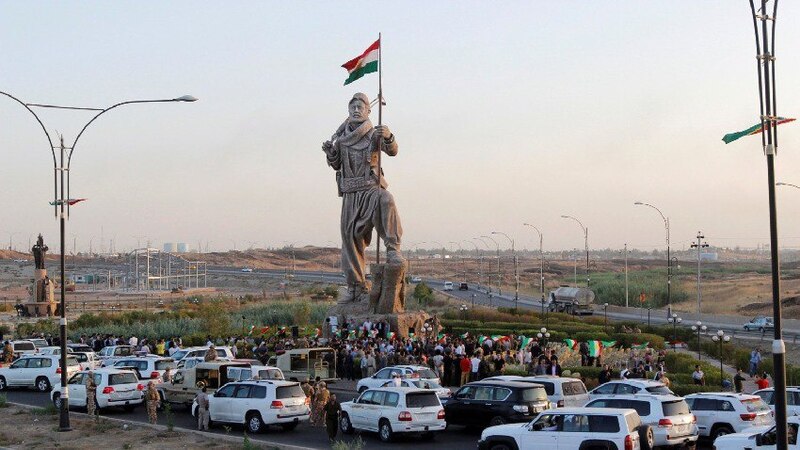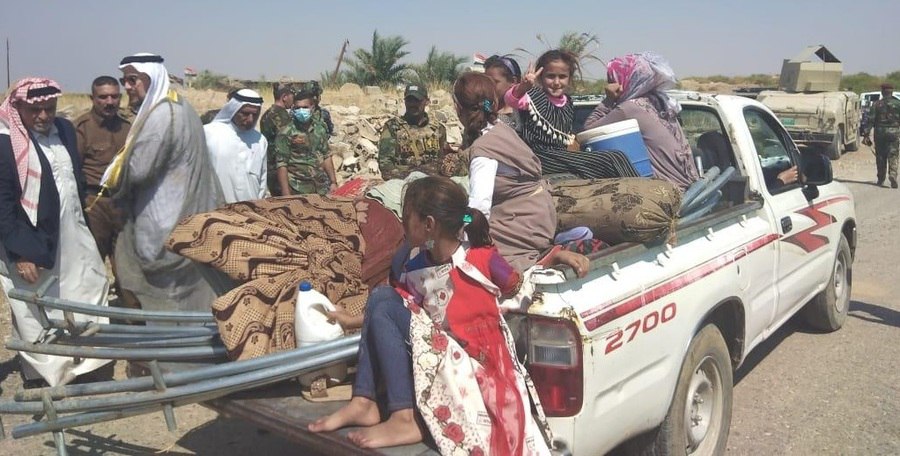The ruling regimes in Iraq, from the establishment of the country in 1923 to 2003, in order to assimilate and erase the identity of people other than Arabs, especially Kurds, have pursued a policy known as the policy of "Ta'rib" (Arabization). This policy began during the reign of King Faisal of Iraq, with the Hawiyja irrigation project in Kirkuk province and the settlement of Arab tribes in the area, and later during the rule of the Ba'ath Party in Iraq, openly with force and without following human rights, continued.
Due to its rich resources, especially oil, and rich water and soil resources that provide food, the southern part of Kurdistan has been subjected to a dangerous game of ethnic and population identity change by the Iraqi central government in favor of the Arabs. A policy that is known as “Ta'rib” in scientific and political assemblies.
One of the innovations of the Ba'ath regime was the attempt to continue the Arabization of Kurdish areas, a policy it pursued again after returning to power in 1968. From the beginning, the army expelled Kurdish residents from the “سوق الجیشی” areas (meaning border and oil areas). They bombarded Kurdish villages, set them on fire, and bulldozed them. Only in Kirkuk, more than 40000 Kurds were expelled. The policy of Ta'rib was also carried out in the Erbil Plain.

Ali Hassan al-Majid, Saddam Hussein's cousin, known as Chemical Ali, described the policy of Arabization in Kurdish areas of the South part of Kurdistan, especially Kirkuk, as follows: "I would like to talk about two topics; The first is Arabization and the second is areas located between Arab areas and autonomous areas. One point of interest is Kirkuk. When I came, the total number of Arabs and Turkmens in Kirkuk was not 51 percent of the population. Initially, I spent sixty million Dinars until the situation became like this. Now the issue is completely clear; The Arabs who have been brought to Kirkuk still do not make up 60 percent of the population. Then we announced that the Kurds do not have the right to work in Kirkuk and its surroundings, villages, and even areas outside the autonomous region."
The policy of the Arabization of Kurdish areas in Iraq has always existed. At times, this policy has been implemented in conjunction with military operations in which many Kurdish villages have been destroyed and the people of these villages have been settled in forced camps under intensive control. The policy of Ta'rib significantly affected the decline of the Kurdish population. For example, in the official Iraqi census of 1947, the Kurdish population was 30.9 percent, while in the official statistics of 1997, the Kurdish population was 19.9 percent.

Although the implementation of the policy of Ta'rib in the South part of Kurdistan has seen an increase and decrease in various stages, the implementation of this policy can be classified into several stages, including:
1. Stage 1925-1958: The annexation of Mosul to Iraq until the fall of the monarchy in Iraq.
2. Stage 1958-1963: Establishment of the republican system of government in Iraq until the fall of Abdul Karim Qasim's government.
3. Stage 1963-1968: The seizure of power by ethnic Ba'athist supporters until the second Ba'athist coup.
4. Stage 1968-1980: The establishment of the Ba'athist rule until the beginning of the eight-year war between Iran and Iraq.
5. Stage 1980-1991: The period of Kurdish genocide by the Ba'athist regime in Iraq until the uprising of the people of the southern part of Kurdistan in the spring of 1991.
6. Stage 1991 to 2000: This period includes the years after the uprising of the people of the southern part of Kurdistan against the Ba'athist regime in Iraq when the Kurdish areas outside the autonomous region were subjected to the policy of Arabization.
It is worth mentioning that many political observers still believe that the policy of Arabization of the Iraqi central government is being implemented in various ways against the Kurdistan Region.








